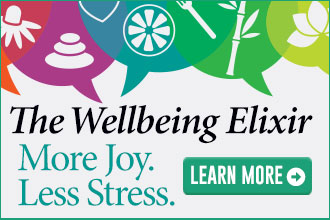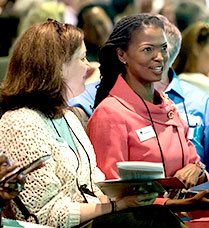Two Activities that Influence the Climate for Learning
My colleague Chuck Walker, a psychology professor at St. Bonaventure University (NY), shared a collection of instructional strategies that illustrate how the principles of positive psychology might be applied in the classroom. (For examples see: http://wellbeingincollege.org/faculty-resources) I especially like this one.





